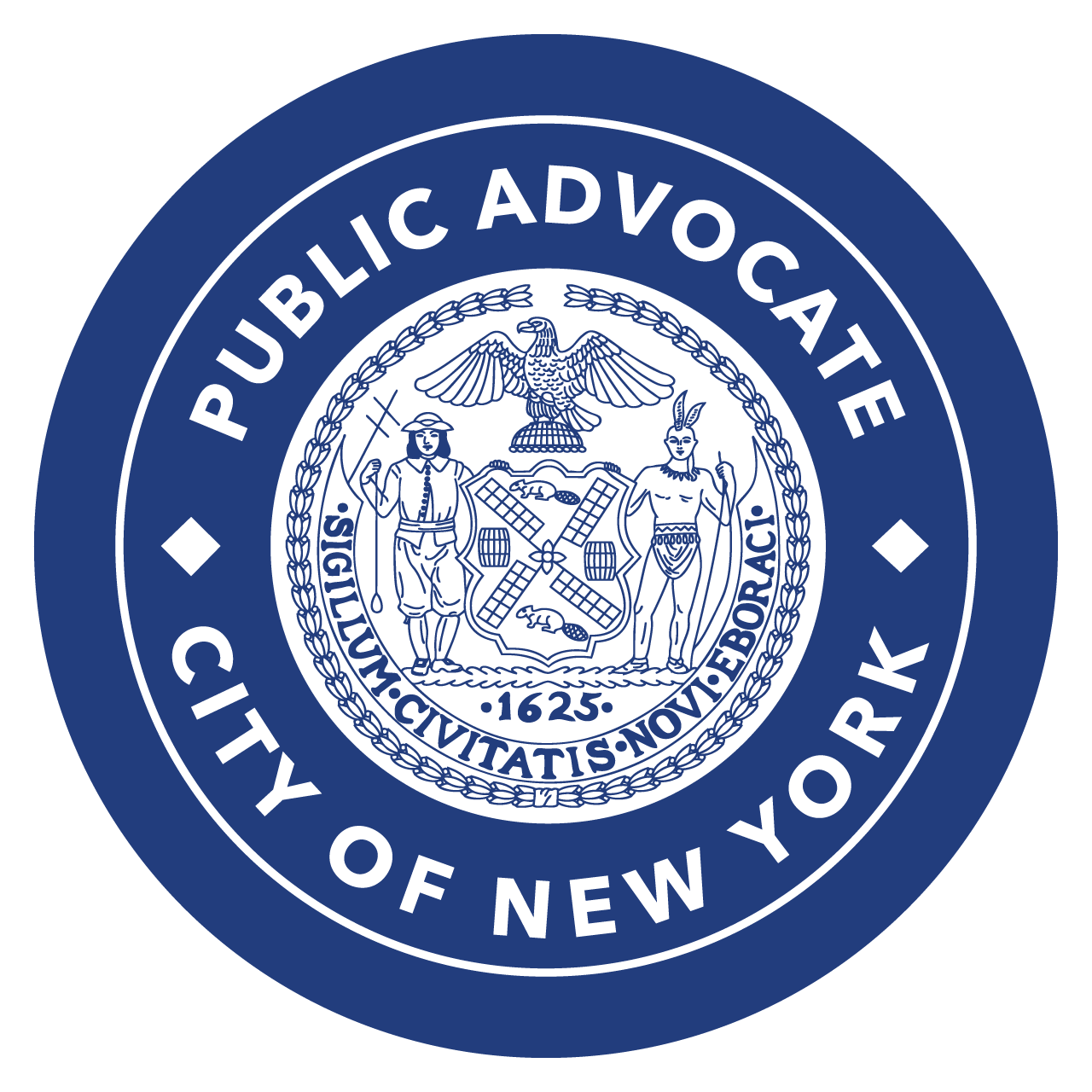NEW YORK: New York City Public Advocate Jumaane D. Williams defended the right to record police activity in all public spaces, and his 2020 law codifying that right, as part of a new court filing in support of an ongoing suit against the New York City Police Department. His office, together with LatinoJustice PRLDEF, filed an amici brief with United States District Court for the Southern District of New York on Tuesday in support of plaintiff Patricia Rodney and her right to record and in opposition to the City’s motion to dismiss the case.
Patricia Rodney was 61 years old in December 2020 when she was forcibly detained, and her arm broken, after saying she would record officer activity while in the vestibule, a public space at the 62nd precinct. Rodney was attempting to obtain a police report for her lost glucometer – essential medical equipment for diabetics.
As part of the brief, Public Advocate Williams included a declaration that the Right to Record Act, which codifies New Yorkers’ ability to document police actions, supersedes the unlawful ‘No Recording Policy’ which the NYPD has in place to prevent recording within police precincts.
“I intended and expected that passage of the [Right to Record Act] would supersede the NYPD No Recording Policy and prohibit police officers from impeding recording in public spaces, including such spaces within police precincts,” said Public Advocate Williams in his declaration. “...In addition, I envisioned that a more robust protection of a citizen’s right to record would address past concerns of police violence in our communities by shifting power differentials between police officers and the communities they police… I also trusted and continue to believe that the affirmative defenses we placed into the bill struck a balance that would ensure the safety of police officers, while also ensuring the civil liberties of our fellow New Yorkers.”
The Public Advocate argues that recording law enforcement is one the most powerful, effective ways to hold officers accountable for and prevent misconduct; that the Right to Record Act was designed to present officer interference with that recording in public spaces; and that public spaces such as vestibules within precincts are no exception to the law.
“The NYPD and its lawyers tend to litigate cases like this one – where video shows them brutalizing citizens for no reason – by demanding judges believe police, and not their own lying eyes,” said J. Remy Green, lead lawyer for plaintiff Patricia Rodney. “Faced with that, it's hard to understate the value of having government officials like Public Advocate Williams speaking up for the truth and for accountability – and it shows that a better world is possible and we don't have to settle for a government that lies to us."
“Recording officers is the best way to hold them accountable,” said Andrew Case, LatinoJustice Senior Counsel. “The NYPD decided on a whim to deny people the right to record police activity, even after the city council passed the Right to Record Act. LatinoJustice hopes the court will recognize that the NYPD should not be allowed to interfere with this right."
The right to safely document members of the NYPD is essential for transparency, accountability, and fairness for everyone in New York City. The Right to Record Act codified into local law a person's right to record New York City police officers or peace officers acting in their official capacity, while not interfering with police activity. The legislation originally came after a number of prominent instances when civilians' right to record was deliberately infringed, and was enacted in the wake of the protests after George Floyd’s death on camera.
Read the full brief, including the Public Advocate’s declaration, here. A pre-settlement conference call will be held tomorrow, November 3, 2022.
